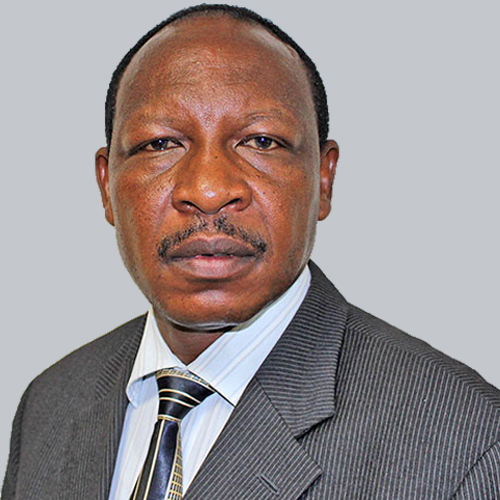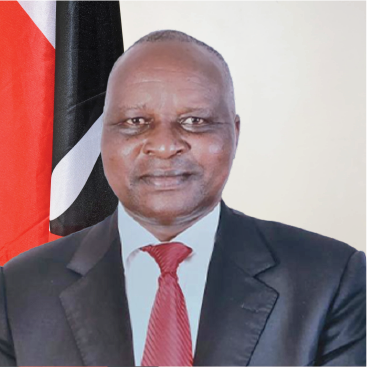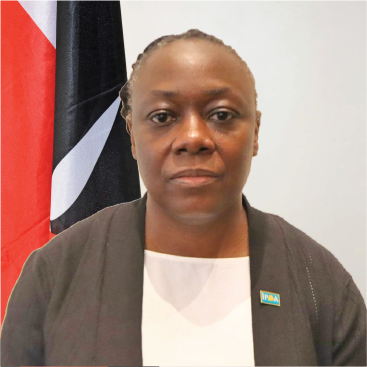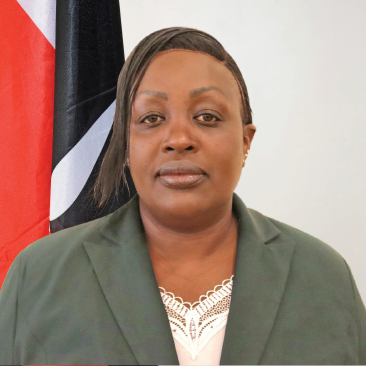In May 2009, the Government set up the National Taskforce on Police Reform (Ransley Commission) to carry out required reviews, make recommendations and draft an implementation matrix to realise police reforms. The taskforce’s report which contained 200 recommendations was released in October 2009. One of the recommendations was the establishment of the Independent Policing Oversight Authority (IPOA) to focus on police conduct oversight by civilians. The report articulated that the Authority be established under the Constitution and with clear legislative powers to execute its mandate. The IPOA Act was enacted in 2011, and the Board was appointed on 22nd May 2012. The Authority commenced operations in July 2012.
Section 3 of IPOA Act provides that IPOA’s headquarters be domiciled in the capital city of Kenya with devolved presence in Kenya’s 47 counties in accordance with Article 6 of the Constitution. Whereas the Constitution and the legislation establishing the Authority do not dictate the modalities of devolved services to the public, IPOA considers it important to fulfil the legal requirements to ensure that citizens can easily access its services at the grassroots level.
Complaints on police misconduct and criminal actions continue to be received at the Authority. The number received has grown over time. Such levels of complaints submission to the Authority has been within the public’s constrained access to IPOA. This is a clear indication that decentralization will enable ease of access to IPOA’s services, result in increased complaints intake and subsequent inspections, monitoring and investigations handling.
In order to decentralise its services to the public, the Authority has plans to establish 9 additional offices across the country with the following criteria:
- 1. Centrality of location for ease of management;
- 2. Existing transport and communication network;
- 3. Integrated administration and physical facilities;
- 4. Ease of accessibility by members of the public;
- 5. Security of staff and convenience of reasonable accommodation;
- 6. Number of police stations and posts (where people can be detained); and
- 7. Ease of reach of the offices from any side of the Counties
| No. | Clusters | Office | Counties Clustered |
|---|---|---|---|
| 1. | Cluster 1 | Garissa | Garissa, Wajir, Mandera, Marsabit, Isiolo; Tana River |
| 2. | Cluster 2 | Eldoret | Uasin Gishu, Nandi, Elgeyo Marakwet, Trans Nzoia, Kakamega, Bungoma, Turkana, West Pokot |
| 3. | Cluster 3 | Nakuru | Nakuru, Kericho, Narok, Nyandarua, Baringo |
| 4. | Cluster 4 | Mombasa | Mombasa, Kilifi, Lamu, Taita Taveta, Kwale, Tana River |
| 5. | Cluster 5 | Kisumu | Kisumu, Siaya, Vihiga, Kakamega, Busia, Bungoma, Trans Nzoia |
| 6. | Cluster 6 | Kisumu | Homabay, Kisii, Migori, Bomet, Nyamira |
| 7. | Cluster 7 | Meru | Embu, Meru, Tharaka Nithi, Isiolo, Marsabit and Samburu |
| 8. | Cluster 8 | Nyeri | Nyeri, Kirinyaga, Murang’a, Embu |
| 9. | Cluster 9 | Nairobi | Nairobi, Kajiado, Narok, Kiambu, Machakos, Makueni, Kitui |
1. Devolution is one of the assurances of the transition from a previously centralized governance system, which was largely blamed for vast inequality, marginalization, exclusion and deep divisions in terms of public access to goods and services in Kenya. Through decentralization of its services, the Authority will be complying with its Act as well as the expectations of the Constitution.
2. The establishment of IPOA was a significant step towards strengthening the institutional structures for policing oversight that would ensure police accountability. As the devolved system of governance takes root, it is imperative that agencies such as IPOA and other structures that provide oversight and accountability mechanism devolve their services to local levels. The newly-established system of county governments and accompanying process of devolution provides an excellent opportunity to improve security and thus service delivery, making institutions more responsive and closer to public needs and priorities.
3. Currently, IPOA is based in the capital city, and there is a growing need for the authority to start exploring modalities towards devolving its services, build partnerships and linkages with the County Governments. The growing number of public complaints against the police that the Authority has continued to receive, is a testimony and the need to establish cluster offices across the country through which the public can better access the Authority at the local levels.
4. Empirical evidence has also pointed out that policing in rural and peripheral areas is often open to significant abuse because the scrutiny of oversight institutions, civil society organizations and the media is often not as intense as is the case in urban areas, towns and large cities like Nairobi. This situation exacerbates police brutality to the public with no possibility of these actions being known to the public, and more so the victims suffering in silence.
5. As devolution takes effect, opportunities for creating effective systems of accountability within the security sector is inevitable. An important framework through which IPOA’s decentralization process can anchored is the County Policing Authority. As provided by Section 40 and 41 of the NPS Act, the County Policing Authority provides a platform for IPOA and stakeholders to leverage upon and build partnerships for increasing better access, integrating good governance, professionalism, principles of human rights and accountable policing at the local levels in Kenya.
6. The ultimate aim of Authority’s decentralization is to ensure a professional police service that is accountable, effective and efficient, capable of providing security to its citizens in a manner consistent with the rule of law and human rights. Effectively, the Authority would be in a position to carry out its policing oversight mandate closer to the public.
























